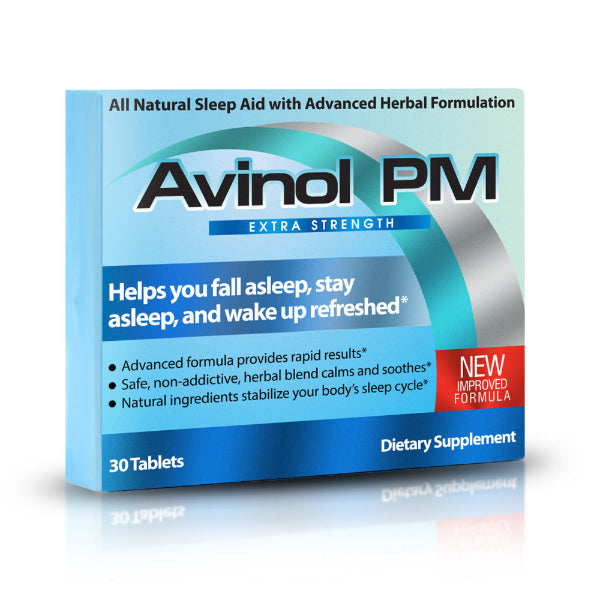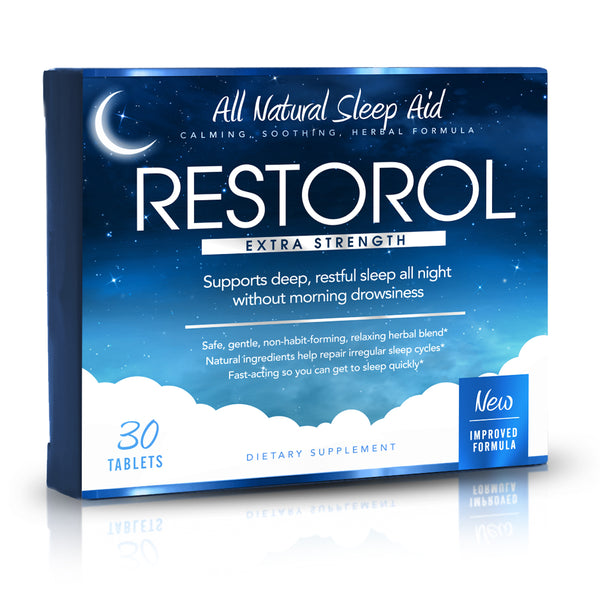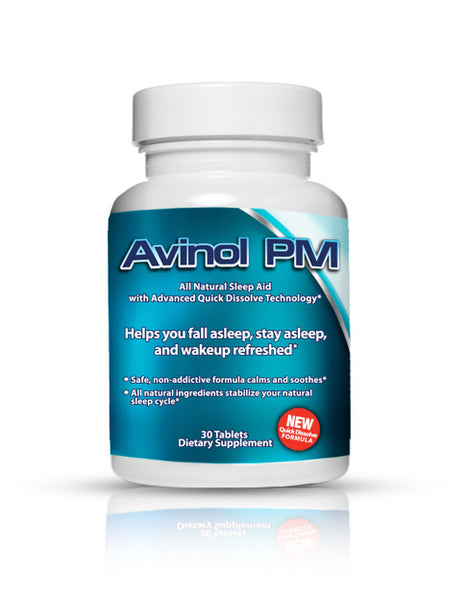Improve Sleep with Good Sleep Hygiene
Table of Contents
Contrary to what the phrase might imply, practicing good "sleep hygiene" doesn't have anything to do with bathing or showering differently. It's a series of healthy habits that, if practiced regularly, can help you resolve any sleep problems you might currently have. It can also improve the quality of sleep you get each night. And when you get plenty of quality, restful sleep, it can improve your overall quality of life, too!
Improving Sleep Hygiene: Start With the Basics
If you want to improve your sleep hygiene, there are a few basic steps you can follow. And once you get these steps down pat, you should notice a quick and substantial improvement in your ability to fall asleep at night:
- Be careful with your light exposure. Humans have evolved over thousands of years to feel energized during the daylight hours and sleepy once the sun goes down. But modern electronic devices (think computers, TVs, and cell phones) emit light that tricks your brain into producing less melatonin, the sleep hormone. This can leave you feeling awake and restless, even in the dead of night.
- Get some exercise later in the day. Even if it just means squeezing in a quick evening power-walk, getting a little physical activity in before bed helps to tire you out. This promotes relaxation by signaling your body to rest and recoup its energy. And since your body temperature drops post-exercise, this can promote even more restfulness.
- Be mindful of what you put into your body - and when. A cup of coffee or two in the morning is okay, but any caffeine taken after noon may interfere with sleep. Likewise, eating certain foods late at night can keep you up. Those include: fatty foods, spicy foods, or foods with refined sugars (including processed carbs). Try to focus on eating protein, fruits, and vegetables instead. Also, be careful about drinking too much fluid before bed. Waking up to a painfully full bladder at 3:00 a.m. isn't exactly good for a restorative night's sleep.
- Create the perfect sleeping space. Your bedroom should be dark, cool, and free of distractions. The darkness helps your brain regulate melatonin release, and the cool temperature will drop your body's own, making you feel sleepy. Lastly, try your best to create a separate sleeping space for your pet(s). It may feel comforting to curl up with Fido or Fluffy at night - but a fidgety, noisy, or nocturnal furry friend may be what's keeping you from your good night's sleep.
- Take a natural sleep aid. Sometimes sleep may refuse to come to us when we need it, even under ideal conditions. Natural sleep aids, like those made with melatonin, passionflower, or hops, can help our brains and our bodies ease into a more restful state. And this extra little boost of relaxation can mean the difference between a restorative slumber or tossing and turning for hours. Plus, natural sleep aids don't carry the health risks that prescription or OTC sleep medications do.
Advanced Sleep Hygiene Techniques
Whether you're still having trouble sleeping after mastering the steps above, or whether you want to take your sleep game to the next level, there are some additional measures you can take to improving your sleep hygiene. These can be a little trickier, though, so do yourself a favor and wait to implement them until you think you're ready for the challenge:
- Go to bed and get up and the same time every day. We know, most people's busy lives make this a tough challenge. But the truth is that a regular sleep pattern improves the quality of sleep you get. Masters of this technique often brag about not needing an alarm clock anymore, since their body instinctively knows when it's time to get up.
- Keep a sleep journal. Keeping track of when you sleep, how much you get, and what (if any) obstacles interfered with your sleep can help you work out the kinks and get better quality rest.
- Nighttime meditation. Is your body exhausted, but your brain still running at 1,000 MPH? Try relaxing your mind with a calming exercise once you get into bed. Usually, these meditation exercises focus on mindfully relaxing your body, one part at a time, until you feel sleepy. It can also help distract from stressful thoughts that might be keeping you awake.
We hope these sleep hygiene tips can help you achieve a better night's sleep. For more info, feel free to take a look at some of our other articles regarding sleep (and how to improve it). Good luck, and sweet dreams!




